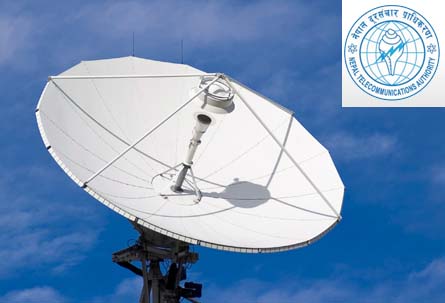NTA to define ‘net neutrality’ policy while issuing licence to ISPs
Kathmandu, June 19
Following rising concerns regarding internet service providers (ISPs) and telecom companies prioritising particular sites or services in their network, the government is preparing to define ‘net neutrality’ while issuing licence to ISPs soon.
Nepal Telecommunications Authority (NTA) — the telecom sector regulator — is currently developing regulatory provisions on ‘net neutrality’ that sets limitations for ISPs and telecom companies over prioritising certain contents, thereby ensuring that net neutrality principles are not breached in Nepal.
This is the first time that the government is developing a legal framework on net neutrality. Adopted by many countries, net neutrality is a principle as per which ISPs must provide equal access to all contents and applications for customers without favouring or blocking particular products or websites.
“We have prepared a draft that guides the principle of net neutrality. It includes what net neutrality issues that ISPs must comply with in their network,” informed Min Prasad Aryal, spokesperson for NTA.
NTA is preparing the regulatory framework on net neutrality following instances of ISPs favouring a particular content in their networks.
As per Aryal, the new regulatory framework on net neutrality intends to ensure user protection and also unbiased flow of contents in the telecommunication network.
NTA is finalising the regulatory framework on net neutrality through consultations with the Telecom Regulatory Authority of India (TRAI) and other experts. An independent committee has been formed at NTA to look into the issue of net neutrality.
The draft of the regulatory framework is expected to be endorsed by the NTA board soon.
Net neutrality is still debatable in the global market. India had banned telecom companies from introducing differential pricing strategies for data services last year by launching a new regulation on net neutrality. Similarly, Facebook was prohibited to deliver free access to a selected number of web services through Facebook’s ‘Free Basics’ service in India following wide criticism from net neutrality proponents.






